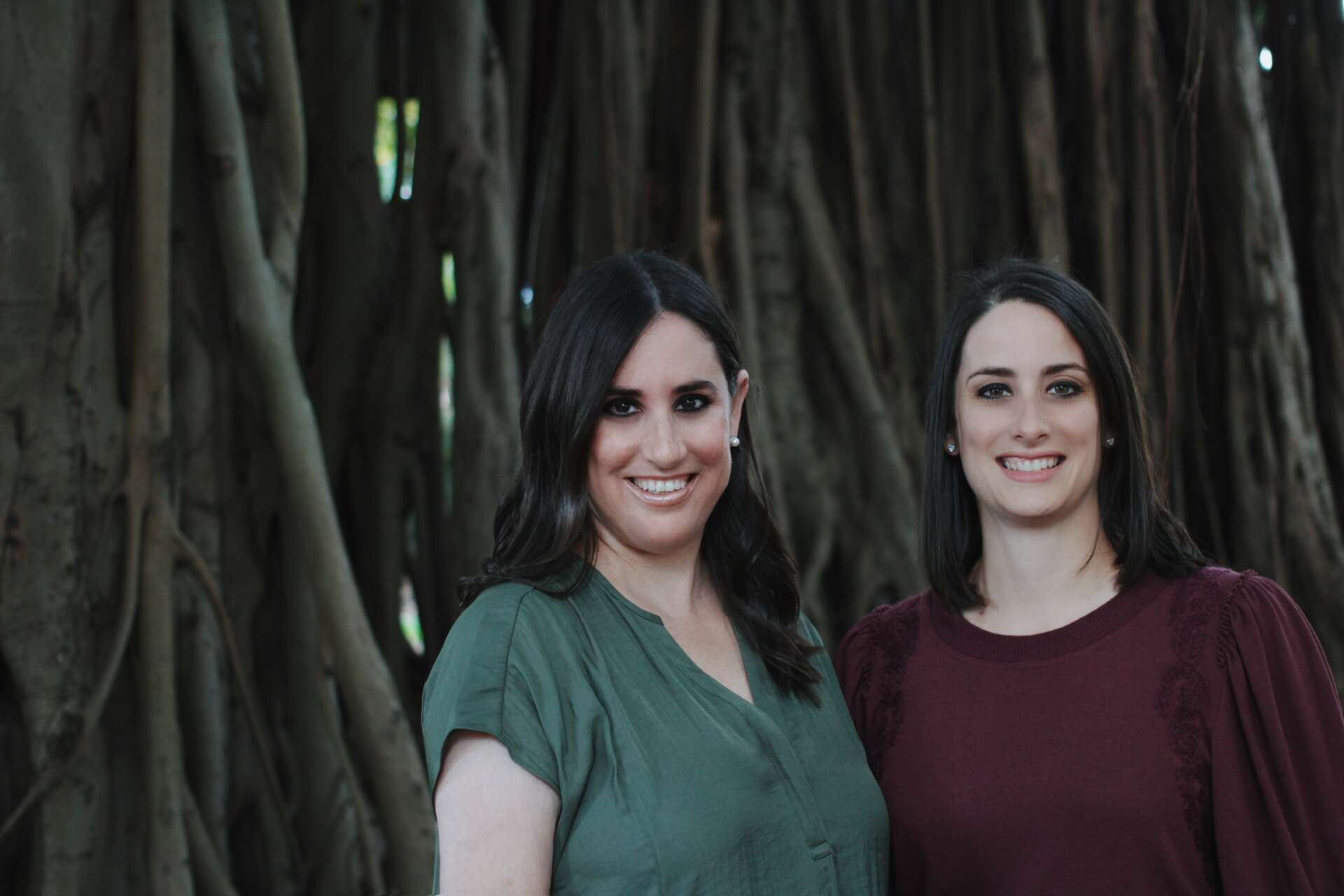We’re excited to introduce you to the always interesting and insightful Risa and Valerie Berrin. We hope you’ll enjoy our conversation with Risa and Valerie below.
Risa and Valerie, appreciate you joining us today. Let’s kick things off with a hypothetical question – if it were up to you, what would you change about the school or education system to better prepare students for a more fulfilling life and career?
We know it is not enough to just teach kids about world history, geometry and biology. They need to cope with anxiety, help a friend with depression, and support a bullied classmate.
The American Academy of Pediatrics (AAP), the American Academy of Child and Adolescent Psychiatry (AACAP) and the Children’s Hospital Association (CHA) declared a national state of emergency in children’s mental health. The United States Surgeon General Dr. Vivek Murthy stated that the effects of the pandemic on child/adolescent/young adult emotional health are “devastating.“
The COVID-19 pandemic has caused new issues to arise and others have intensified–food insecurity, homelessness, parents losing jobs, family/friends sick and dying of COVID, profound trauma/loss/grief, children witnessing more domestic violence situations in quarantine, lack of in-person school, loss of extra-curriculars and social activities, anxiety and depression that became exacerbated during quarantine and a lack of access to mental health providers.
There is no doubt that the impact of the pandemic on K–12 students’ learning was significant and will deeply affect this generation. We understand that. However, it is also known that health is a critical predictor of students’ success — in their educational attainment, future earnings, and overall well-being.
In order for this generation of students to be successful in the classroom and in their futures, the current mental health crisis must be addressed. As a nation, we must spend time tackling these deep-rooted challenges, which were exacerbated by the pandemic, so students can also focus on academics.
We know, from doing this work for 13 years, that kids listen to other kids. That’s why HIP trains 11th and 12th graders to go into 9th grade classrooms to have discussions about critical physical and emotional health topics.
HIP utilizes a peer-to-peer model, where 11th and 12th graders are empowered to lead important health conversations with their 9th grade peers. Our comprehensive health curriculum is also updated in real time. As science makes advancements, the curriculum reflects that. HIP also provides students with critical health information and strategies that are practical and relevant to teenagers.
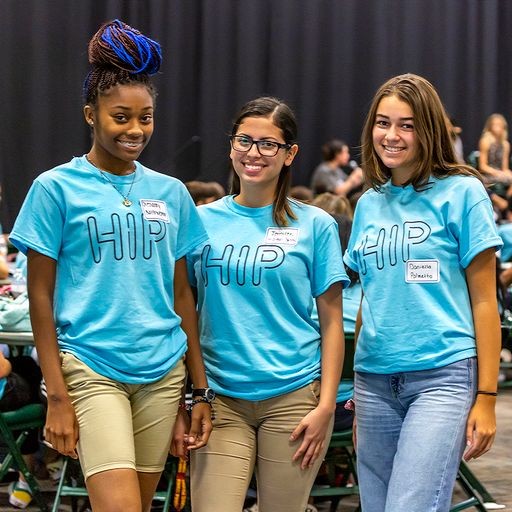
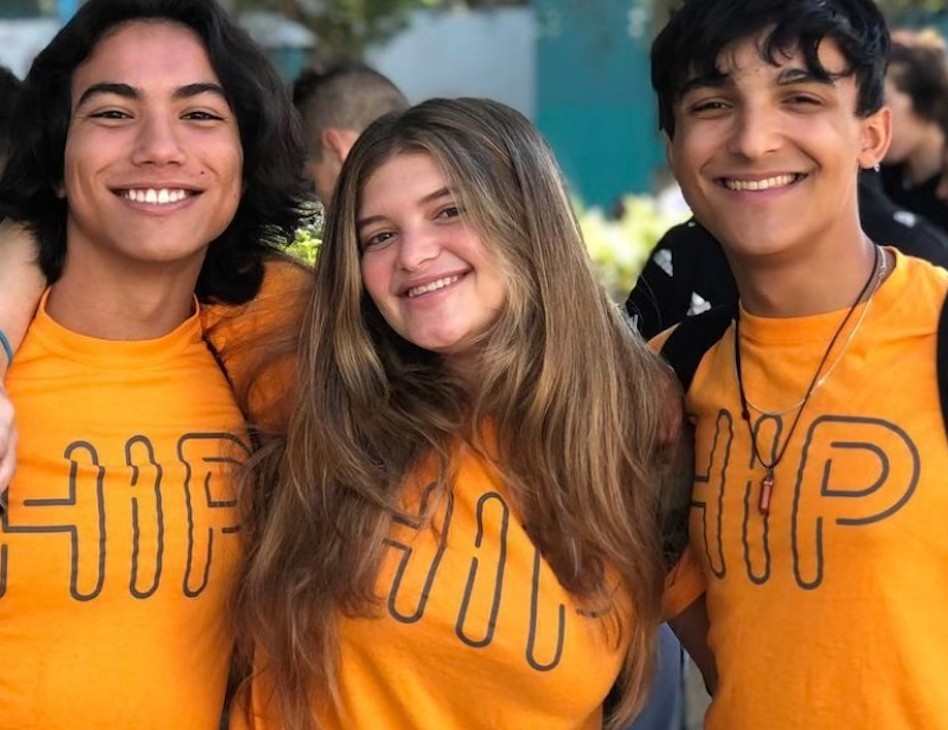
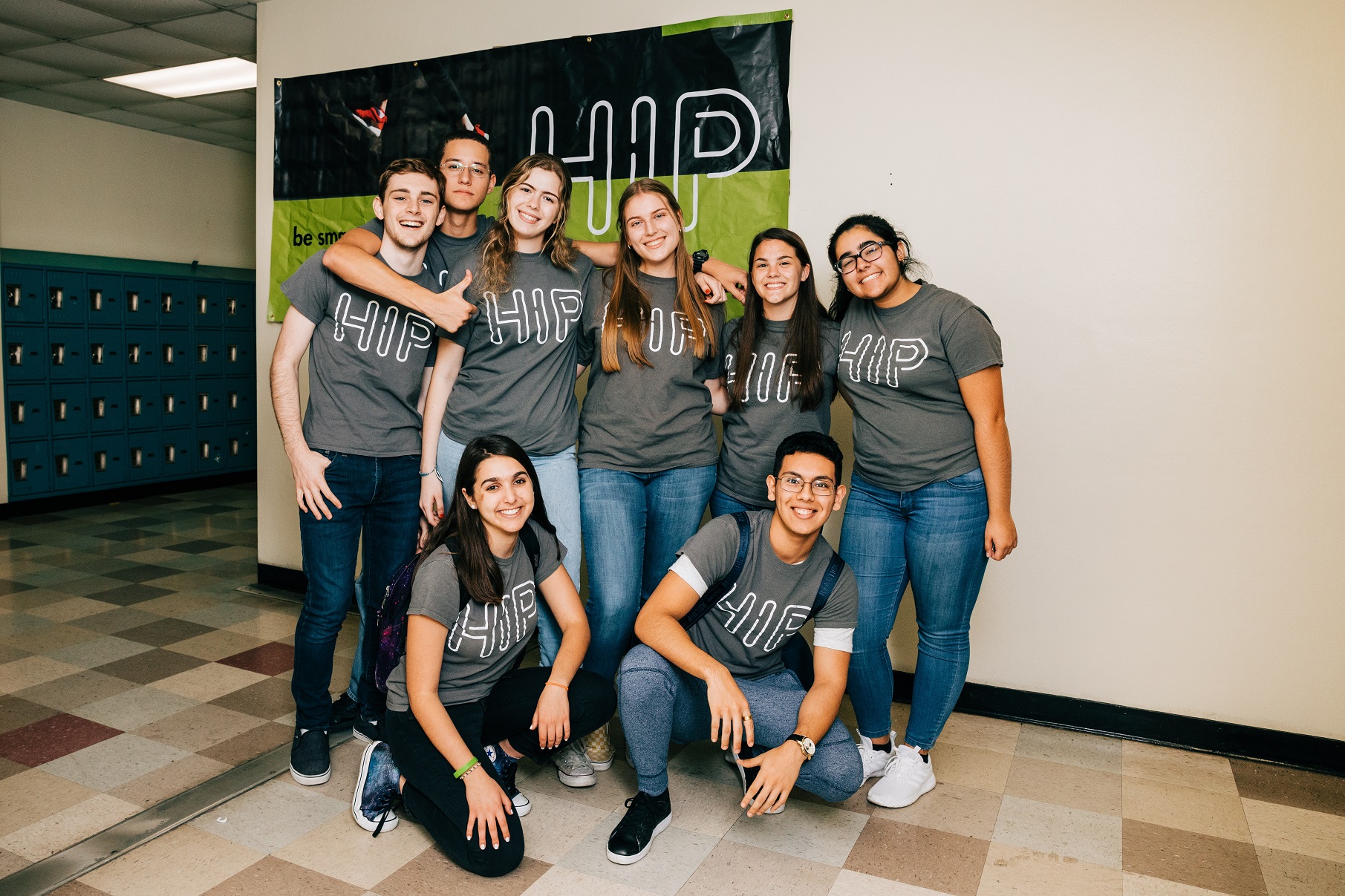
Risa and Valerie, love having you share your insights with us. Before we ask you more questions, maybe you can take a moment to introduce yourself to our readers who might have missed our earlier conversations?
We saw a void in the health education space – the traditional, archaic health class model was in desperate need of innovation. As students, we both remembered cheesy videos, scare tactics and outdated textbooks in our health education experience.
When Risa founded Health Information Project (HIP) in 2009, it was time to disrupt the traditional health model. Something had to change. Students need practical, reliable health information and health resources. HIP’s peer-to-peer high school program provides exactly that.
During Risa’s University of Miami Law School days, she participated in a program that brought real-life, relevant legal education to high school students. She then realized a void in the current health education space – the traditional, archaic health class model was in desperate need of innovation.
In 2009, HIP became the first, and remains the only, peer to peer comprehensive health education program for high school students in the country. HIP trains 11th and 12th grade students as peer educators, in an innovative, evidence-based health curriculum. They then deliver the program to ALL 9th grade students–at their own school–during the academic school day.
The program also connects students and their families to trusted and reliable health resources–whether they can be found on campus, in their neighborhood or online.
HIP works with 85 high schools across Miami-Dade, Broward, Pinellas and Monroe County. The program works in public, private and charter schools. Since inception, HIP has trained over 15,000 peer educators and taught over 310,000 9th grade students.
Can you tell us the story behind how you met your business partner?
We are sisters so we knew each other pretty well once we decided to work together professionally! We had both grown up with a strong desire to give back and help others. Whether it was volunteering regularly on Sunday mornings at soup kitchens or volunteering at foster care group homes, we were always concerned with helping out those who were less fortunate.
We both had health challenges (autoimmune disease) as children and young adults. We saw firsthand how disruptive health issues could be: academically, socially, emotionally, etc. Those health struggles, while challenging, made us more compassionate and empathetic to what others are going through.
We also knew that, despite tremendous health struggles, we were very lucky because we had good health insurance, access to quality doctors and an incredible support system of family, friends and teachers. We were highly aware that others were not as fortunate.

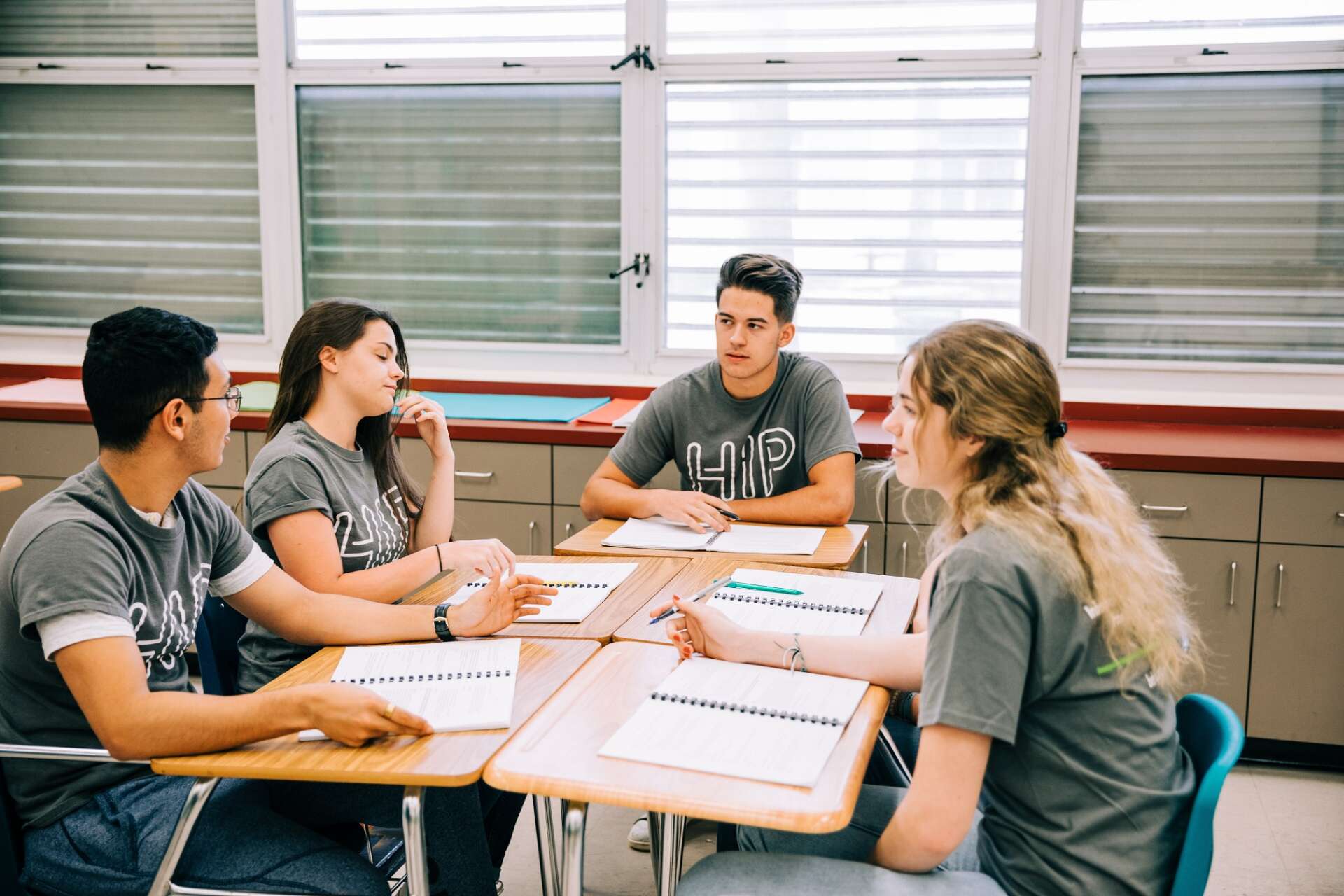
How’d you build such a strong reputation within your market?
We had seen that many nonprofits and programs working in schools were viewed as an additional burden or a forced mandate from the district or state.
We created HIP with the idea that we wanted the individuals at the school sites, not just those at the school district, to genuinely see HIP’s value. We wanted to make sure that the principals loved HIP, as well as the faculty and students.
We created HIP as a program that does not rely on outsiders from the community. HIP utilizes and empowers the students at their own schools to lead it and ensure its success. It is a program that is embedded within the school culture and campus of each of our partner high schools.
We have a 100% school retention rate in 13 years, meaning we have never left a school or been asked to leave a school. We are welcomed back each year at all Miami-Dade, Broward, Pinellas, Monroe county public high schools and the private schools Gulliver, Ransom, Riviera and Cushman.
Contact Info:
- Website: http://www.behip.org/
- Instagram: https://www.instagram.com/hiphealthy/
- Facebook: https://www.facebook.com/HealthInformationProject
- Linkedin: https://www.linkedin.com/company/health-information-project-hip-inc-/
- Twitter: https://twitter.com/hiphealthy
- Youtube: https://www.youtube.com/channel/UCgo2mJAVOOkex6_qL2mnTmA/featured


